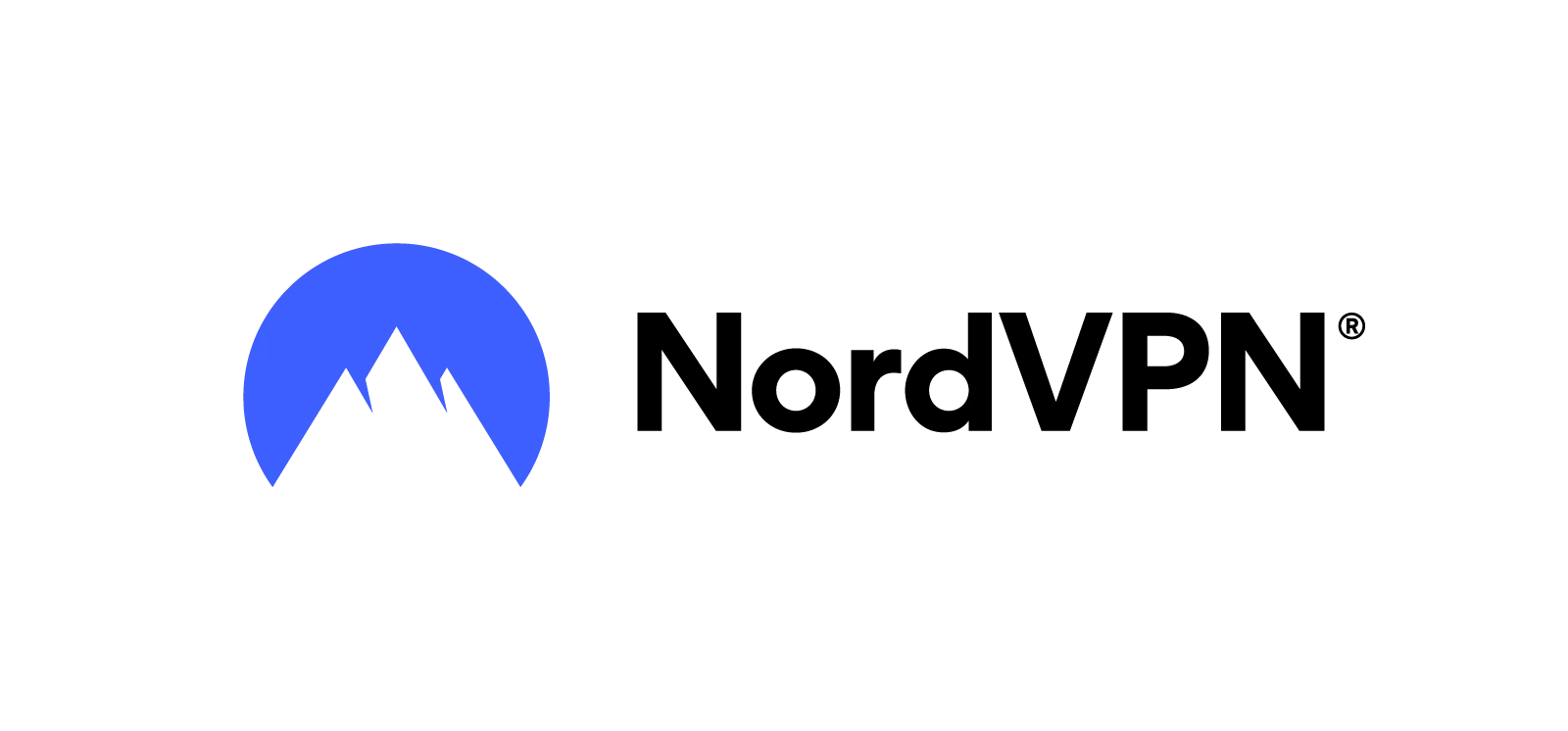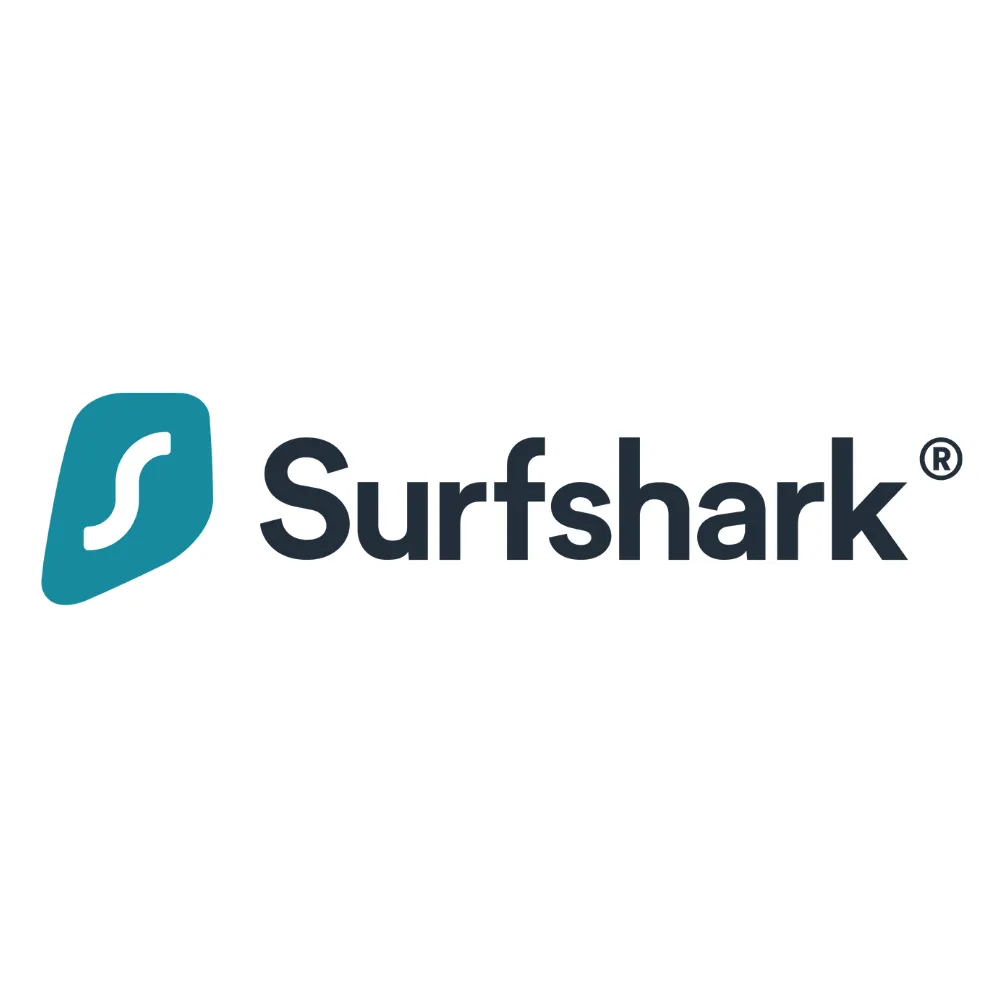NordVPN vs Surfshark: My Hands-On Verdict After 30 Days

Introduction
Over the past month, I've been switching daily between NordVPN and Surfshark to figure out which one actually lives up to the hype. I didn't want to just repeat specs from their websites—I wanted to feel the difference. From gaming on my PC to watching Netflix on my phone to using public Wi-Fi at a café in Paris, I pushed both services in the kind of everyday scenarios real users deal with.
Both are major players in the VPN world, but there are subtle (and not-so-subtle) differences that only show up when you use them side-by-side for a while. Here's what I found.
Speed Tests & Real-World Performance
Let's talk speed. I ran dozens of speed tests from my home connection (gigabit fiber in Lyon, FR), plus a few sessions tethered from my phone while traveling.
- NordVPN consistently clocked 110-120 Mbps on US servers, even during peak hours. European servers were just as snappy, and it handled 4K streaming without a hitch.
- Surfshark wasn't far behind—usually hovering around 90-100 Mbps—but I did notice slight dips when switching countries rapidly, especially on mobile.
Where NordVPN impressed me was with latency—it felt smoother when gaming (even Fortnite and CS:GO). Surfshark wasn't bad, but I got the occasional stutter on long sessions.
Verdict: NordVPN wins for raw speed and low-latency reliability.
Streaming & Geo-Unblocking
I tested access to Netflix US, BBC iPlayer, Disney+, and a couple of niche platforms like Crunchyroll and Canal+.
- NordVPN unlocked everything I threw at it, including the stubborn Netflix Japan library. Buffering? Zero.
- Surfshark also did well, especially with Netflix and Hulu. However, BBC iPlayer blocked me twice when I used the 'fastest server' option—had to manually pick a London server.
One thing Surfshark nails is smart DNS for devices that don't support VPN apps (like my LG TV). NordVPN supports this too, but setup was slightly more finicky.
Verdict: Tie, but NordVPN is more consistent without needing manual tweaking.
Privacy & Security Features
I care a lot about security, especially since I travel often and rely on sketchy hotel Wi-Fi more than I'd like to admit.
- NordVPN offers Double VPN, Onion over VPN, Threat Protection (which actually blocked a malicious script while browsing a niche forum), and Meshnet. I use Meshnet to share files securely between my laptop and home server—it's awesome.
- Surfshark gives you CleanWeb (ad/tracker blocker), Camouflage Mode (obfuscation), and MultiHop. It also offers GPS spoofing on Android, which is weirdly useful for app testing.
Both passed my DNS leak and WebRTC leak tests. No complaints there.
Verdict: NordVPN has a slight edge with more advanced tools for power users.
Ease of Use & Device Support
I tested both VPNs on Windows 11, macOS, Android, and iOS. I also tried the browser extensions for Chrome.
- NordVPN's interface is cleaner and faster to navigate. The map-based UI is surprisingly helpful when hopping locations quickly.
- Surfshark has a minimal UI that's great for beginners. Its standout feature: unlimited devices. I had it running on my phone, laptop, smart TV, and two tablets—no problem.
Verdict: Surfshark wins for families or users with a ton of devices. NordVPN is better for power users who want control and clarity.
Pricing & Value
Here's where it gets tricky. At the time of writing (April 2025):
- NordVPN: Around $3.99/month (2-year plan), with a 30-day money-back guarantee. Includes extras like 1TB cloud storage if you bundle.
- Surfshark: Around $2.49/month (2-year plan), also with a 30-day refund window.
Surfshark's price-to-feature ratio is hard to beat—especially with unlimited connections. But NordVPN offers more polish and depth, especially if you're into privacy tools and want fewer compromises.
Verdict: Surfshark is better for budget-conscious users. NordVPN is worth the premium if you need advanced features.
Final Verdict: Which One Should You Get?
Speed: NordVPN is faster overall, while Surfshark is slightly slower but still solid for most use cases.
Streaming: NordVPN provides more consistent access across platforms, though Surfshark works well too if you don't mind a little manual server tweaking.
Security Tools: NordVPN gives you advanced tools like Double VPN and Meshnet, whereas Surfshark covers the essentials with CleanWeb and MultiHop.
Device Limit: NordVPN supports up to 6 devices, while Surfshark lets you connect unlimited devices—huge win for families or device-heavy setups.
Price: NordVPN is more on the premium side, while Surfshark is budget-friendly without sacrificing too much.
If I had to pick just one, I'd go with NordVPN—mostly because I value speed, stability, and the extra security features. It's more 'set and forget,' which matters when you're on the go a lot like me.
But if you're looking for the best value or want to cover a household worth of devices without breaking the bank, Surfshark is absolutely worth considering. It's no slouch in performance, and its clean interface is a breeze to use.
Either way, you're getting a solid VPN that respects your privacy. Just pick the one that fits your lifestyle.


